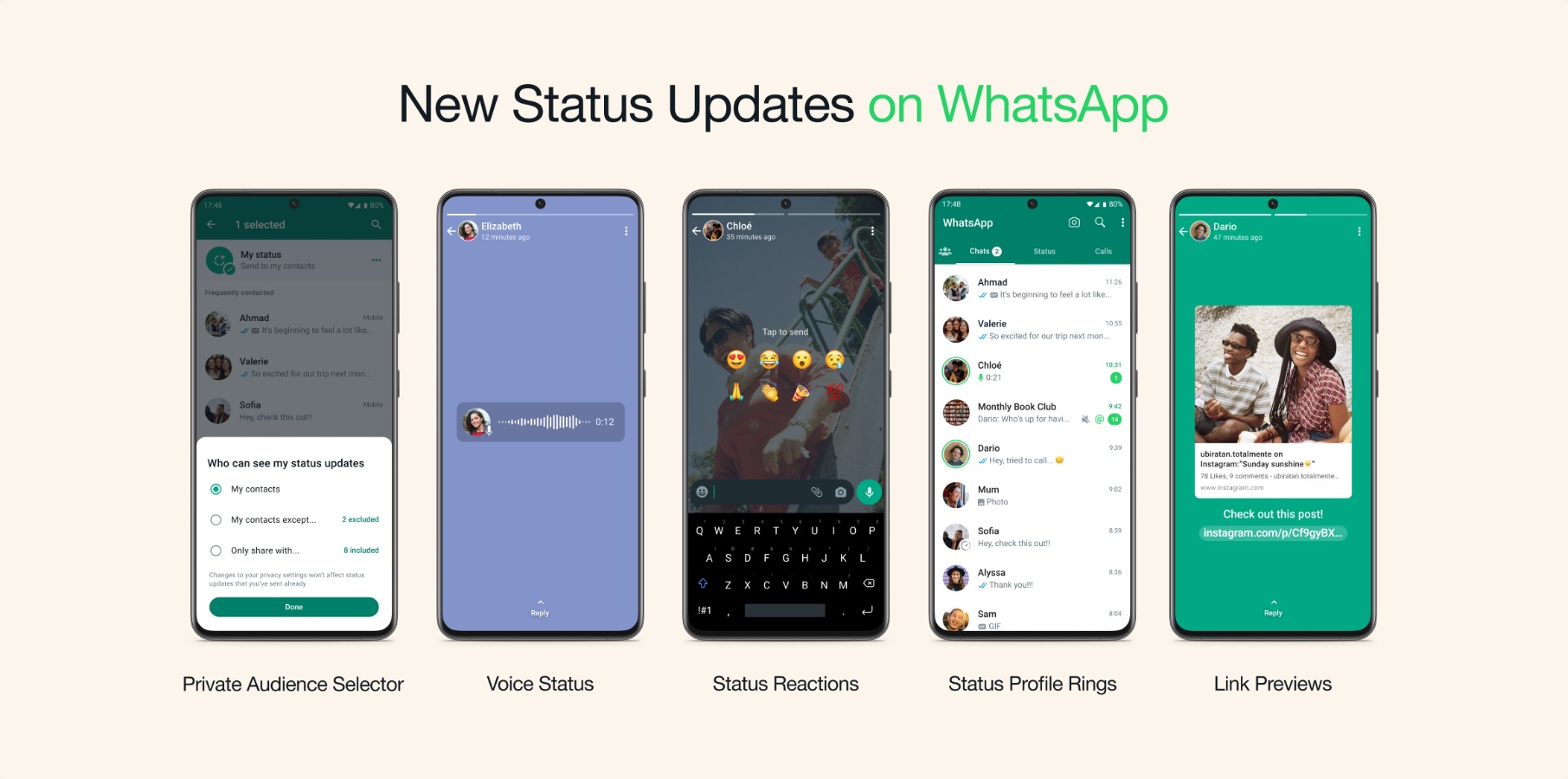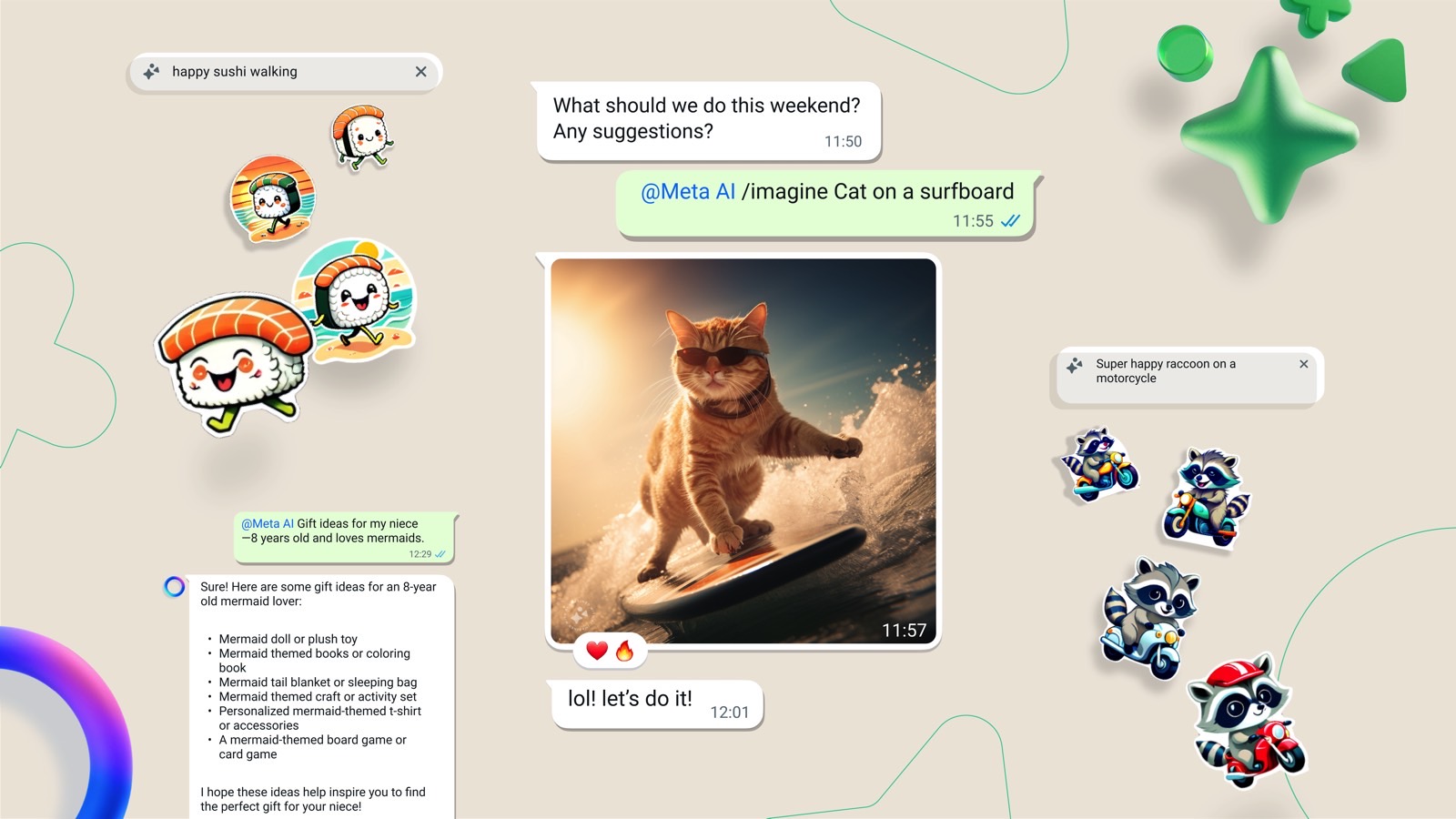WhatsApp is Meta's (then Facebook) most expensive purchase to date, with almost US$ 20 billion paid in 2014. It is also the most difficult to monetize. The app is free and everything in it is end-to-end encrypted. We cannot place personalized ads based on user-generated content and interests. But Meta wants to place ads within WhatsApp. It's always been this way, and WhatsApp boss Will Cathcart confirmed this in a recent interview.
Adverts
However, WhatsApp will not place ads in your chat inbox. Instead, you may see commercials in status or channels. The latter is a feature that Meta appears to have copied from Telegram, which allows people to create communities within WhatsApp. Before you start using channels, you should know that this is probably the only area of WhatsApp where text messages are not protected by end-to-end encryption.
WhatsApp Ads
Last month, Cathcart denied that ads were coming to WhatsApp, according to a report from The financial times claimed. However, Cathcart had to adapt his response when speaking to Brazilian media Sheet.
Adverts
“The article stated that we would place ads in the inbox. We're not doing that, we're not discussing that. We don't think this is the right model. When people open their inbox, they don’t want to see advertising,” said the senior WhatsApp executive.
Meanwhile, Meta has been rolling out paid versions of Facebook and Instagram in Europe, where local privacy laws are getting stricter. I recently said that Meta may have created these premium ad-free experiences on Facebook and Instagram as bait for consumers.
Instead of paying the monthly fee, they would agree to watch advertisements. And Facebook seeks to obtain explicit consent from European Facebook and Instagram users for personalized ads.

Users in Europe are already seeing these requests in action, and Meta appears to be steering customers towards ad-supported apps rather than premium models. This means that Meta wants to display ads in its apps instead of charging for them, and WhatsApp will be no exception.
Cathcart clarified Sheet that WhatsApp will remain free and the core messaging experience will be ad-free. “The reason I qualified the answer [to The Financial Times article] is that there may be advertisements in other places, placements or statuses”, added the executive.
“For example, channels may charge people to subscribe, they may be exclusive to paying members, or the owners may want to promote the channel. But no, we won’t put ads in your inbox.”
How WhatsApp makes money now
The WhatsApp boss also said that, combined, Facebook Messenger, Instagram and WhatsApp earn US$ 10 billion per year. It's unclear how much of that value comes from WhatsApp, but Meta has two ways to monetize the chat app that don't involve ads on WhatsApp. Both concern business use.
Meta charges companies a fee for allowing them to chat with customers via WhatsApp. Additionally, Meta can offer businesses that rely on WhatsApp to communicate with consumers other paid services, such as ads on Facebook and Instagram that point to a company's presence on WhatsApp.

Cathcart also touched on generative AI features in WhatsApp and released an interesting gem about the experience. WhatsApp AI will provide you with information from the internet without you having to manually browse the web. In other words, Meta wants to keep you inside the app with the help of AI, instead of losing your attention.
I can't help but wonder if this is something Meta will monetize with ads. Here is Cathcart's quote about this:
Another thing is that we have the AI agents, with whom you can talk, exchange messages and that answers your questions. It can give ideas, search the internet and provide recent and accurate information. Obviously this is AI, so we are learning. But it is a way of accessing information without having to search the internet or visit websites.
With all this in mind, it's unclear when Meta will launch ads on WhatsApp. But at least you've been warned to expect them in some WhatsApp experiences.
—————-
WhatsApp is Meta's (then Facebook) most expensive purchase to date, with almost US$ 20 billion paid in 2014. It is also the most difficult to monetize. The app is free and everything in it is end-to-end encrypted. We cannot place personalized ads based on user-generated content and interests. But Meta wants to place ads within WhatsApp. It's always been this way, and WhatsApp boss Will Cathcart confirmed this in a recent interview.
However, WhatsApp will not place ads in your chat inbox. Instead, you may see commercials in status or channels. The latter is a feature that Meta appears to have copied from Telegram, which allows people to create communities within WhatsApp. Before you start using channels, you should know that this is probably the only area of WhatsApp where text messages are not protected by end-to-end encryption.
WhatsApp Ads
Last month, Cathcart denied that ads were coming to WhatsApp, according to a report from The financial times claimed. However, Cathcart had to adapt his response when speaking to Brazilian media Sheet.
“The article stated that we would place ads in the inbox. We're not doing that, we're not discussing that. We don't think this is the right model. When people open their inbox, they don’t want to see advertising,” said the senior WhatsApp executive.
Meanwhile, Meta has been rolling out paid versions of Facebook and Instagram in Europe, where local privacy laws are getting stricter. I recently said that Meta may have created these premium ad-free experiences on Facebook and Instagram as bait for consumers.
Instead of paying the monthly fee, they would agree to watch advertisements. And Facebook seeks to obtain explicit consent from European Facebook and Instagram users for personalized ads.

Users in Europe are already seeing these requests in action, and Meta appears to be steering customers towards ad-supported apps rather than premium models. This means that Meta wants to display ads in its apps instead of charging for them, and WhatsApp will be no exception.
Cathcart clarified Sheet that WhatsApp will remain free and the core messaging experience will be ad-free. “The reason I qualified the answer [to The Financial Times article] is that there may be advertisements in other places, placements or statuses”, added the executive.
How WhatsApp makes money now
The WhatsApp boss also said that, combined, Facebook Messenger, Instagram and WhatsApp earn US$ 10 billion per year. It's unclear how much of that value comes from WhatsApp, but Meta has two ways to monetize the chat app that don't involve ads on WhatsApp. Both concern business use.
Meta charges companies a fee for allowing them to chat with customers via WhatsApp. Additionally, Meta can offer businesses that rely on WhatsApp to communicate with consumers other paid services, such as ads on Facebook and Instagram that point to a company's presence on WhatsApp.

Cathcart also touched on generative AI features in WhatsApp and released an interesting gem about the experience. WhatsApp AI will provide you with information from the internet without you having to manually browse the web. In other words, Meta wants to keep you inside the app with the help of AI, instead of losing your attention.
I can't help but wonder if this is something Meta will monetize with ads. Here is Cathcart's quote about this:
Another thing is that we have the AI agents, with whom you can talk, exchange messages and that answers your questions. It can give ideas, search the internet and provide recent and accurate information. Obviously this is AI, so we are learning. But it is a way of accessing information without having to search the internet or visit websites.
With all this in mind, it's unclear when Meta will launch ads on WhatsApp. But at least you've been warned to expect them in some WhatsApp experiences.



